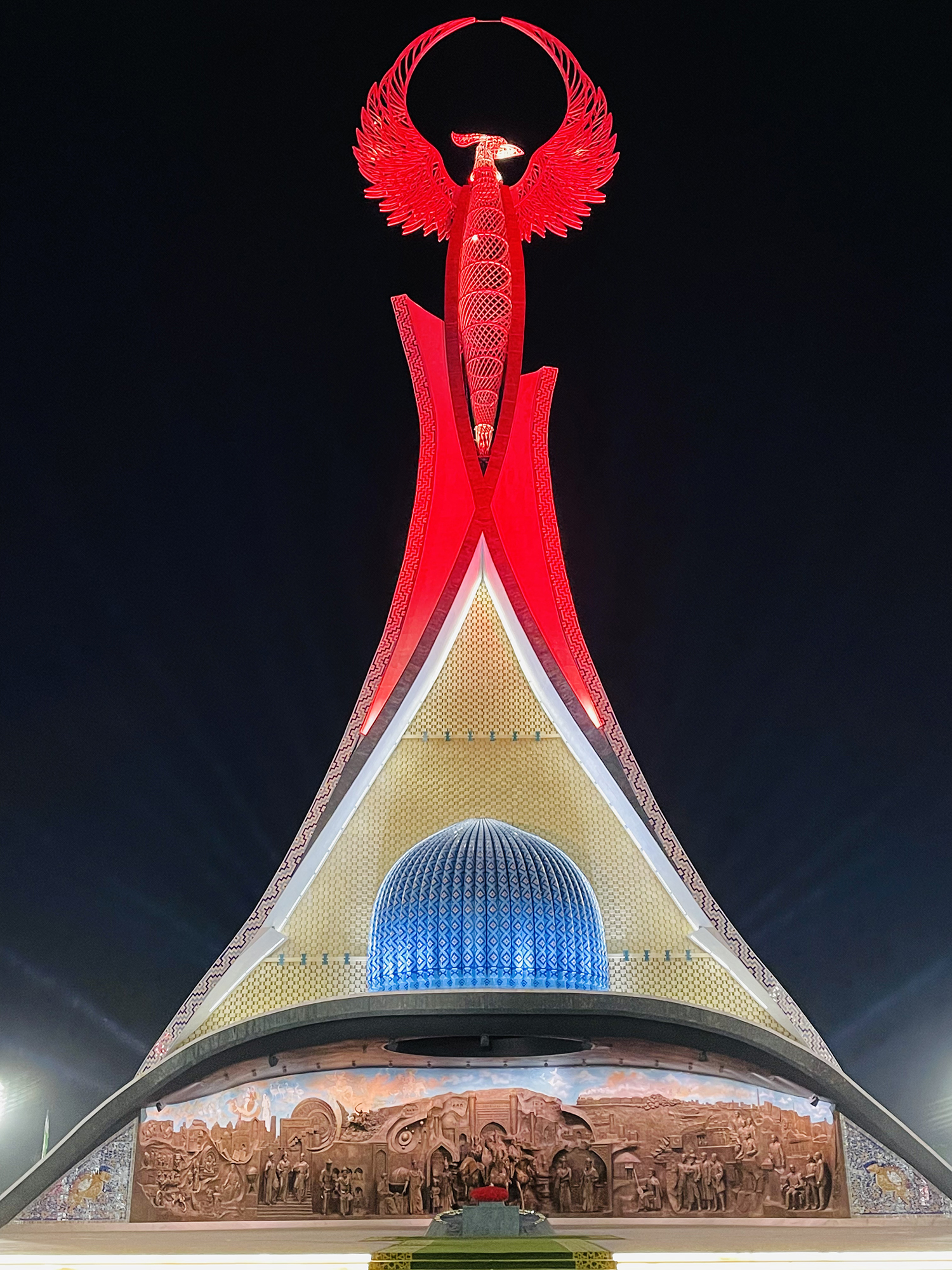Community Interaction and Identity Attachment in Transnational Mobility Contexts, Dependent Echoing and Dynamic Transitions
A Case Study of Uzbek Communities in Germany and Social Transformation in Post-Soviet Uzbekistan
Huajing Yang

Immigration is a broad process of development, and an intrinsic part of globalization and social transformation. Since declaring itself an immigrant country in 2015, Germany has stood as the world's second-largest net immigrant inflow country right after the United States. As the most populous country with consistently high fertility rates in Central Asia, Uzbekistan has been the region’s largest net exporter of labour migrants. By recognizing the attempts and uncertainties of Uzbekistan's arduous domestic transition in the three decades since gaining independence, the fact that social data are so scarce in post-2000 Soviet Central Asia and Uzbekistan, as well as the prominent reality of increasingly diverse patterns of migration, this research takes the Uzbek community residing in Berlin as a case study to examine and analyze their new migration trends and pattern, their transnational community network construction, moral drift and identity reshaping inside Uzbeks in Berlin and Germany and interaction practice within and beyond the community, as well as their resilient connectivity practice of interaction with Uzbekistan traditionally and economically.
Simultaneously, this research strives to investigate the evolving realities and practices in post-Soviet Uzbekistan within the context of a contradictory and bubbling climate between Uzbekistan's ambitious nationwide propaganda of economic transformational development and the indeterminate social reality. The research attempts to capture these changing dynamics by exploring the perspectives of immigrants and aspiring immigrant groups, namely the shifting aspirations and expectations of contemporary young Uzbeks, which allows for a comprehensive understanding of the larger social transitions and stratified mobilities taking place in Uzbekistan.
